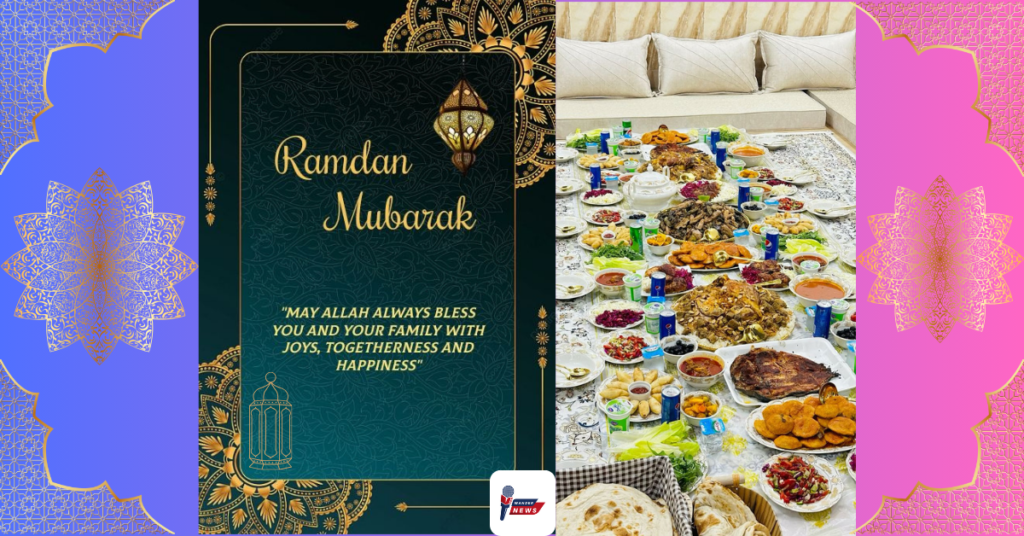The holy month of Ramadan 2025, one of the most significant periods in the Islamic calendar. All details given below
When will Ramadan 2025 start?
In 2025, Ramadan is expected to begin on the evening of Friday, 28th February, and end on the evening of Sunday, 30th March. The beginning of the blessed month of Ramadan will be confirmed upon sighting of the new moon.
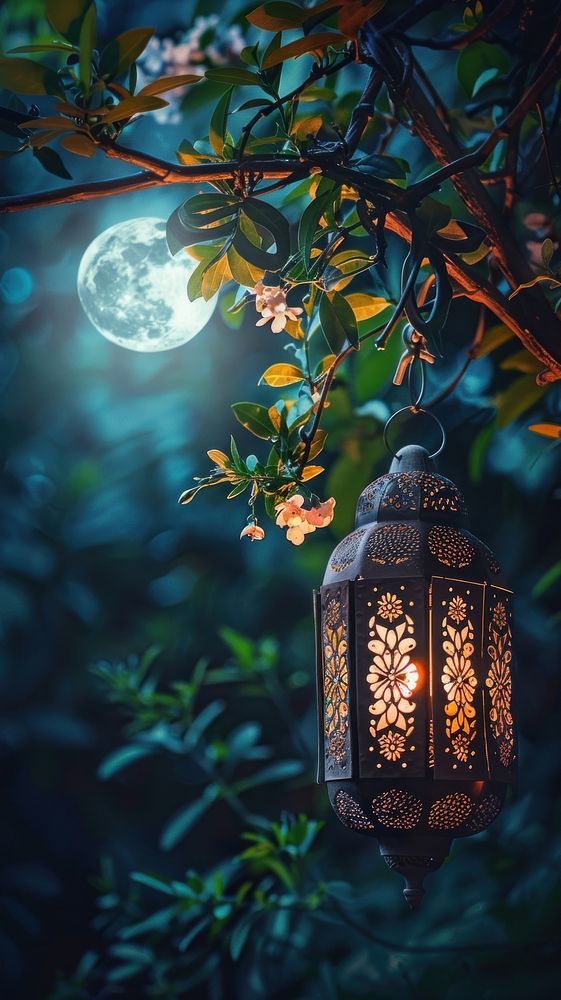
Eid al-Fitr in 2025 is expected to fall either on 30th or 31st March, subject to the sighting of the moon.
The Significance of Ramadan
Ramadan is the ninth month of the Islamic lunar calendar, and it is believed to be the month in which the first verses of the Quran were revealed to the Prophet Muhammad (peace be upon him) by the Angel Jibreel (Gabriel). Fasting during Ramadan is one of the Five Pillars of Islam, making it an obligatory act of worship for able-bodied Muslims. The Fourth Pillar of Islam is Sawm, or fasting. Fasting takes place during the month of Ramadan, which is a holy month in the Islamic calendar (lunar calendar).
Why is Ramadan Important to Muslims?
This month is a unique opportunity for Muslims to purify their hearts, seek forgiveness, and develop compassion for the poor. By experiencing hunger and thirst, believers are reminded of the struggles faced by the poor and needy, instilling feelings of gratitude and compassion. Beyond fasting, Ramadan encourages increased prayer, recitation of the Quran, and charity, all of which further enhance spirituality and a sense of community.
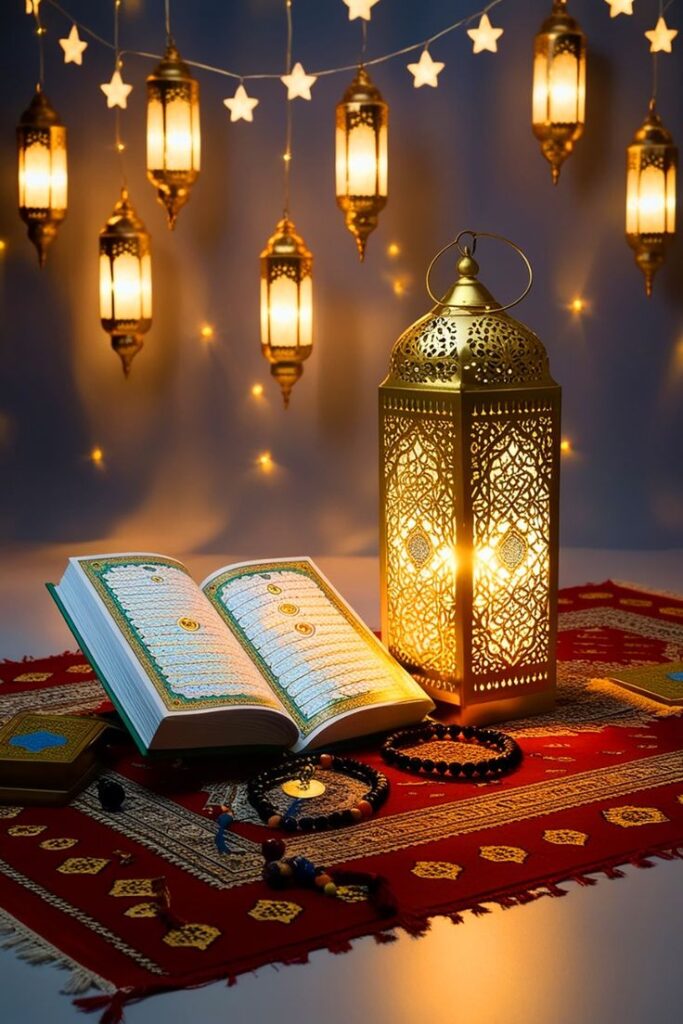
Families and friends gather for iftar (the meal to break the fast) and sehri (the pre-dawn meal), which foster a sense of unity and togetherness. Mosques become vibrant hubs of activity, with nightly Tarawih prayers uniting the community in worship.
Charity plays a central role during Ramadan,through Sadaqah and Zakat al-Fitr (Fitrana).
How Muslims Celebrate Ramadan?
Muslims celebrate Ramadan by fasting, increasing their worship, and participating in social activities. They abstain from food, drink, and other physical needs throughout the day until iftar, the evening meal that breaks the fast. The day begins with suhoor, which is a pre-dawn meal, and ends with iftar, which is often followed by a break of the fast with dates and water, following the tradition of the Prophet Muhammad (PBUH). Families and
communities come together to share these meals, which creates a sense of unity and warmth.
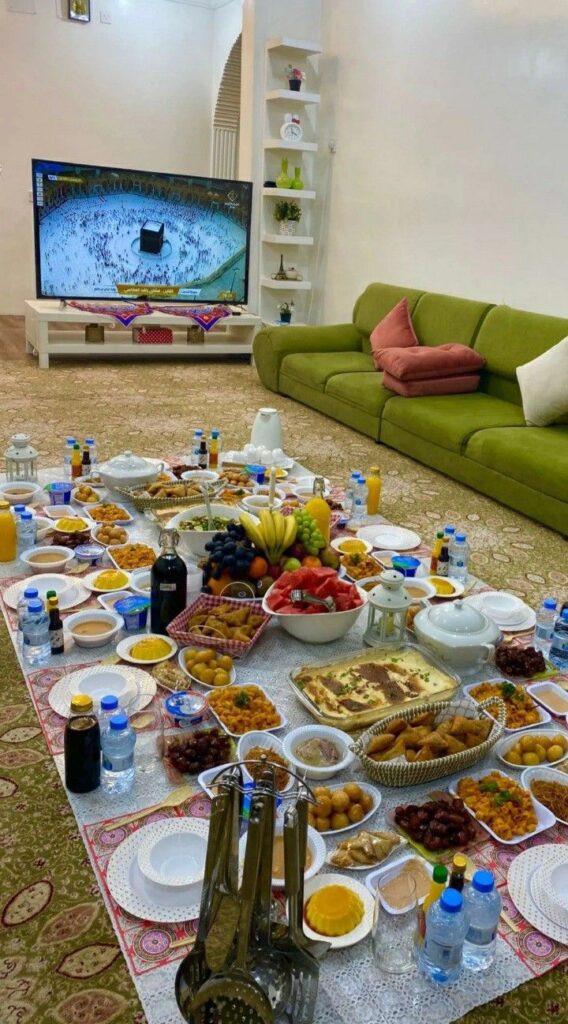
Also Read: Google Pixel 9a Renders Leaked: 4 Color Options, Tensor G4 Chip, and 6.3-Inch Actua Display Revealed
Prayer plays a central role during Ramadan. Muslims increase their worship, participating in the nightly Tarawih prayers at the mosque. Many also spend more time reading and reciting the Quran, praying, and doing good deeds. The last ten days of Ramadan are particularly significant, as they include Laylat al-Qadr (the Night of Power), which is believed to be more fruitful than a thousand months of worship.
Ramadan is also a time of charity, where Muslims give zakat (obligatory alms) and sadaqa (voluntary donations) to help the needy.
Eid ul-Fitr: The Celebration After Ramadan
Eid al-Fitr, often called the “Festival of Breaking the Fast”, is a joyous celebration marking the end of the Islamic holy month of fasting, Ramadan. It is celebrated on the first day of Shawwal, the month following Ramadan. It is a time of gratitude, reflection and harmony observed by Muslims worldwide. After a month of spiritual growth, self-discipline and devotion, Eid al-Fitr brings family and friends together.
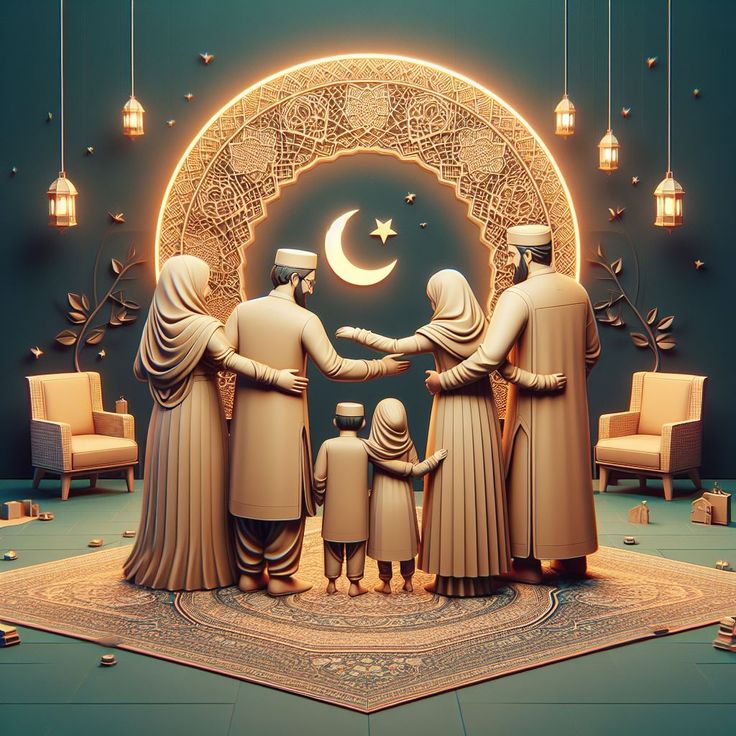
The day begins with a special prayer known as Namaz-ul-Eid in congregation at a mosque or open space. Muslims wear their best clothes, meet family and friends and exchange greetings of “Eid Mubarak”. This is followed by festive meals, gift-giving and almsgiving known as Zakat-ul-Fitr. This charity ensures that even the poor can join in the celebrations. Homes are decorated, new clothes are worn and delicious food is prepared, creating an atmosphere of joy and unity.

